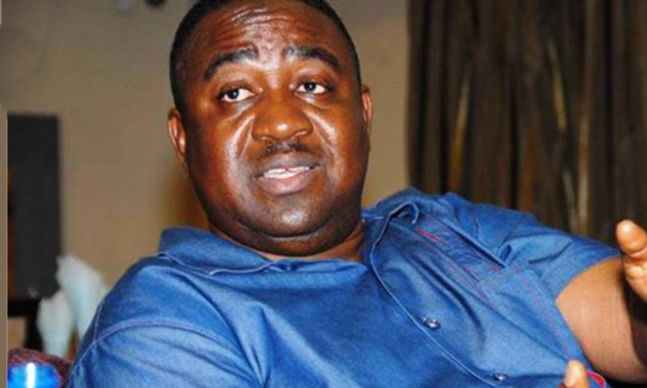The Peoples Democratic Party (PDP) in Benue State is currently facing a crisis that has escalated tensions within its ranks, particularly among key stakeholders known as the G14. The G14 is a group formed in 2015, comprising influential PDP elders from the 14 local government areas predominantly inhabited by the Tiv ethnic group. This group played a crucial role in stabilizing the party after its losses in the 2015 elections. Tensions arose when former governor Senator Gabriel Suswam announced during a recent stakeholders meeting that he had disbanded the G14, intending to replace it with a new party caucus. This declaration appears to be an extension of the ongoing power struggle between Suswam and his successor Samuel Ortom, who has assumed co-chairmanship of the G14 after leaving office in 2023.
In reaction to Suswam’s announcement, G14 chairman Laha Dzever firmly countered that the group, by its nature and purpose, cannot be disbanded by any individual, including Suswam. The G14 functions as a voluntary organization aimed at fostering unity and stability within the PDP. Dzever’s statement emphasized that only individual resignations are permissible within the group, and Suswam lacks the authority to dissolve it. Dzever elaborated on the group’s origins, highlighting its formation as a response to the PDP’s disarray following electoral losses and underscoring Suswam’s acceptance to join this pivotal initiative aimed at revitalizing the party.
The G14’s leadership structure recognizes Samuel Ortom’s role as the party leader and co-chairman, affirming his continued importance in the PDP’s organizational hierarchy. Dzever articulated the significance of maintaining this established leadership to navigate the prevailing crises affecting the party. The G14 is positioned as a guardian of the PDP’s ideals, aiming to strategically rebuild the party’s strength to reclaim power in forthcoming elections, particularly with eyes on the 2027 elections. This commitment reflects their historical role in revitalizing the party, as they successfully led it to victory in the 2019 gubernatorial elections.
Amid these dynamics, Dzever acknowledged Suswam’s contributions to the party and recognized the pressures leaders face during crises. He expressed the view that Suswam’s remarks about disbanding the G14 may have come from a place of stress rather than clear judgment. The statement highlighted Suswam’s legal background and pointed out that, despite his stature within the party, he does not hold the position of state or national chair to effect such a change in the G14’s structure. This clarification aimed to defuse tensions and reinforce the group’s integrity and purpose.
Furthermore, the G14 reaffirmed its dedication to the principles that guided its formation in 2015, promising a concerted effort to address the current challenges facing the PDP. The members emphasized the importance of reconciliation, peace, and unity, urging party leaders and members to step back from conflict-driven approaches and instead collaborate for the sake of the party. Their commitment to open dialogue as the preferred method of engagement underlines a desire to prioritize the party’s interests above individual grievances, aligning with their historical mandate to restore the PDP’s stability.
In conclusion, the evolving situation within the PDP in Benue State encapsulates the complexities of intra-party dynamics, especially amid crises that threaten to undermine unity. The G14 aims to navigate these challenges not through division but through consensus-building and strategic collaboration. As the party looks forward to future electoral contests, the resolution of internal conflicts and the reinforcement of a cooperative spirit among members, including prominent figures like Suswam and Ortom, will be crucial for sustaining the PDP’s relevance and success in Benue State politics. The path forward rests on the party’s ability to prioritize collective goals over personal ambitions, ensuring that the lessons of the past, particularly the importance of unity, guide their actions in the present.


